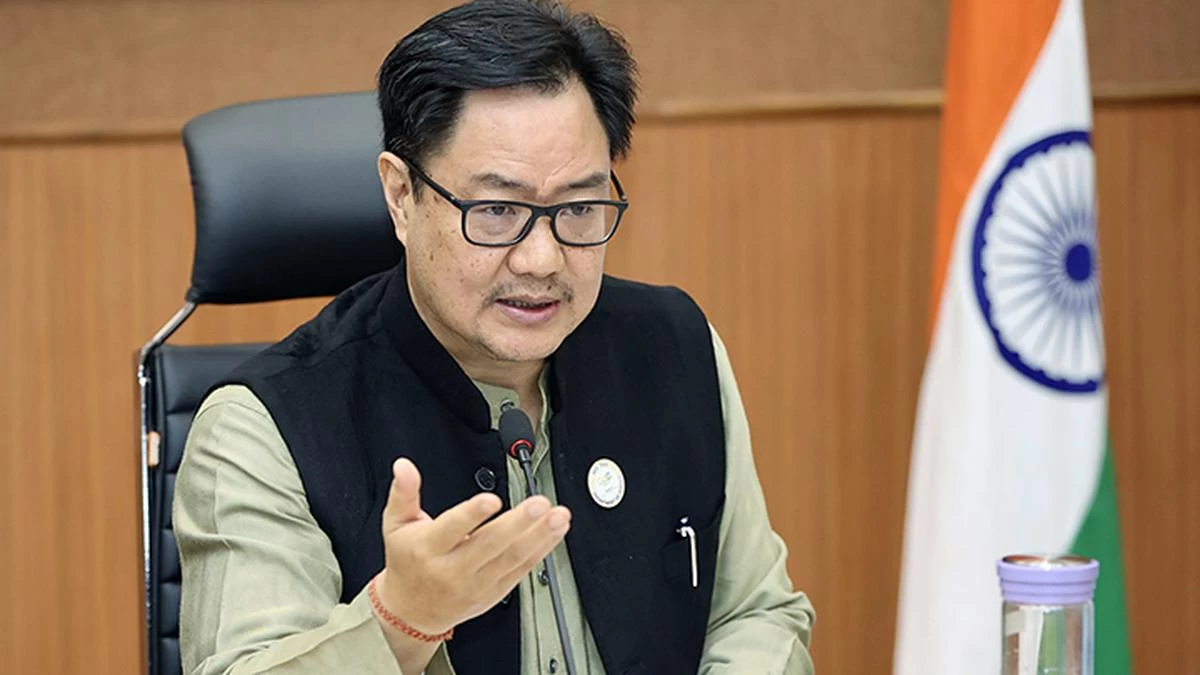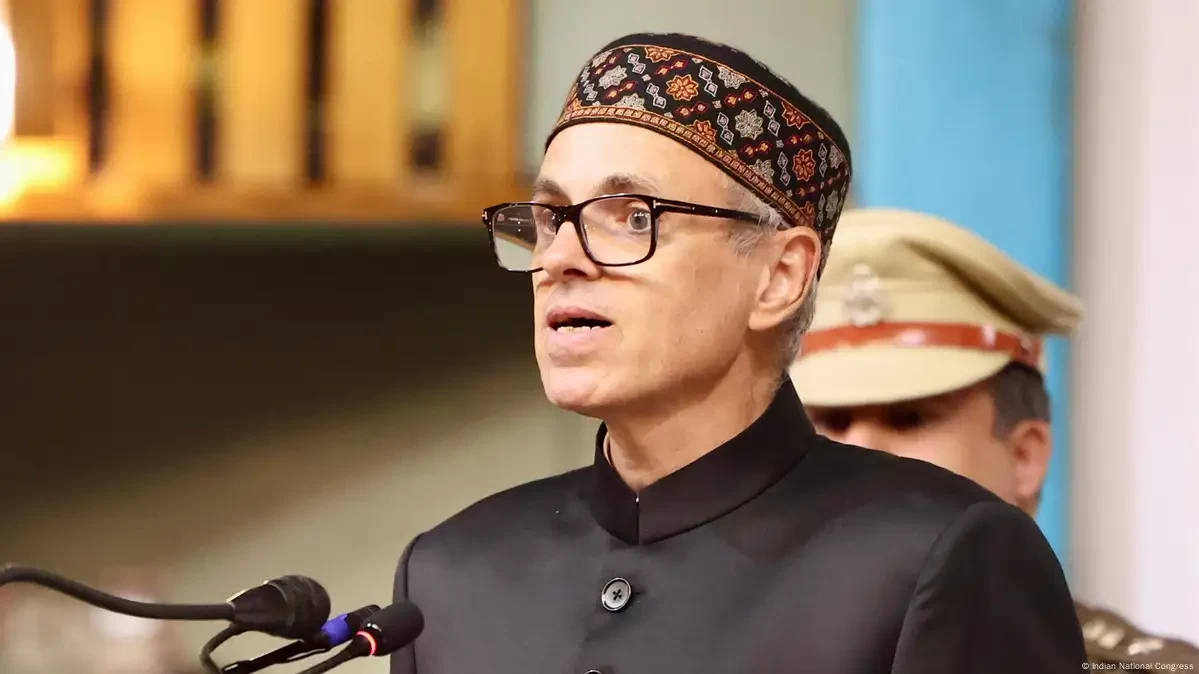Latest Updates
Kiren Rijiju Introduces Waqf (Amendment) Bill, 2025 in Lok Sabha Amidst Opposition Uproar

The Union Minority Affairs Minister, Kiren Rijiju, on Wednesday tabled the Waqf (Amendment) Bill, 2025, in the Lok Sabha for consideration and passage. The bill, proposed by a Joint Parliamentary Committee (JPC), aims to enhance the administration of Waqf properties by incorporating technology-driven management, simplifying complexities, and ensuring greater transparency.
While introducing the bill, Rijiju highlighted the extensive consultation process undertaken by the JPC, calling it the most comprehensive exercise in India's parliamentary history. He noted that, for the first time, public petitions were submitted for the Waqf bill, with an overwhelming response of 97.27 lakh online and offline petitions, suggestions, and recommendations. Additionally, 284 delegations presented their views before the committee.
Key Amendments and Structural Reforms
The NDA government has decided to rework the 1995 amendment that previously allowed any person practicing Islam for at least five years to create a Waqf. Under the new provisions, the Waqf board will now include representation from Sunni, Shia, and backward Muslim communities, along with women and non-Muslim experts. Notably, four non-Muslim members, including two women, will be part of the board.
At the central level, the Waqf Council will comprise a maximum of four Muslim members, three ex-officio members of Parliament from any religion, ten members from the Muslim community, two former Supreme Court or High Court judges, one advocate of national eminence, four experts from various fields, and additional joint secretaries from the Indian government.
For state Waqf boards, the composition will include:
- 11 members in total
- 3 non-Muslims
- 1 chairperson
- 1 Member of Parliament
- 1 Member of Legislative Assembly
- 4 Muslim members, including two women
- 2 professionals with expertise in relevant fields
- 1 representative from the Bar Council
- 1 joint secretary overseeing Waqf matters at the state level
Rijiju criticized the inefficiency in Waqf property management, stating that despite amendments in 2013, the revenue from 4.9 lakh Waqf properties in 2006 stood at Rs 163 crore and increased only marginally to Rs 166 crore. With Waqf holdings now valued at approximately Rs 8.72 lakh crore, the government seeks to ensure better accountability and financial oversight.
"Waqf properties are private and should not be compared to government assets like Indian Railways or Defence properties," Rijiju emphasized. The amended law mandates that any Muslim wishing to create a Waqf must first secure the rights of women within their family and ensure that only personal property, not that of other family members, can be designated as Waqf.
In a significant move, the bill renames the Waqf Act as the "UMEED Act" – Unified Waqf Management Empowerment Efficiency and Development Act.
The Act will bring strict regulation and auditing mechanisms to ensure the proper management of Waqf properties. While properties already registered under Waqf will remain unaffected, disputes over new Waqf claims will now be investigated by senior officers rather than district collectors.
Furthermore, the amendments prohibit the creation of Waqf properties on land covered under Schedule 5 and Schedule 6 (tribal land areas). The Waqf Tribunal will consist of three members, and the Limitation Act, 1963, will now be applicable to Waqf disputes. Importantly, Section 40, which allowed any property declared under Waqf to be claimed by the board, has been removed.
The NDA government's amendments to the Waqf Act, now rebranded as the UMEED Act, aim to introduce a more inclusive and transparent framework for managing Waqf properties. With increased non-Muslim representation, structured governance, and strict financial oversight, the bill seeks to rectify past inefficiencies and ensure equitable management of Waqf assets across the country.






.webp)
.webp)

